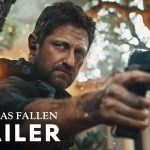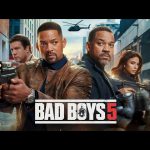A Bridge Too Far (1977)

A Bridge Too Far (1977) is a monumental war film that captures the ambition, chaos, and human cost of one of the most daring military operations of World War II: Operation Market Garden. Directed by Richard Attenborough and based on Cornelius Ryan’s meticulously researched book of the same name, the film stands as a cinematic masterpiece, blending historical accuracy with breathtaking action and poignant human drama.
Set in September 1944, the story unfolds as Allied forces launch an audacious plan to end the war by Christmas. The operation involves a massive airborne assault to seize key bridges in the Netherlands, paving the way for a rapid advance into Germany. Despite the promise of a swift victory, Market Garden becomes a devastating failure, plagued by logistical issues, underestimated enemy strength, and miscommunication. The title itself hints at the tragic overreach of the mission, symbolizing the fine line between bravery and hubris.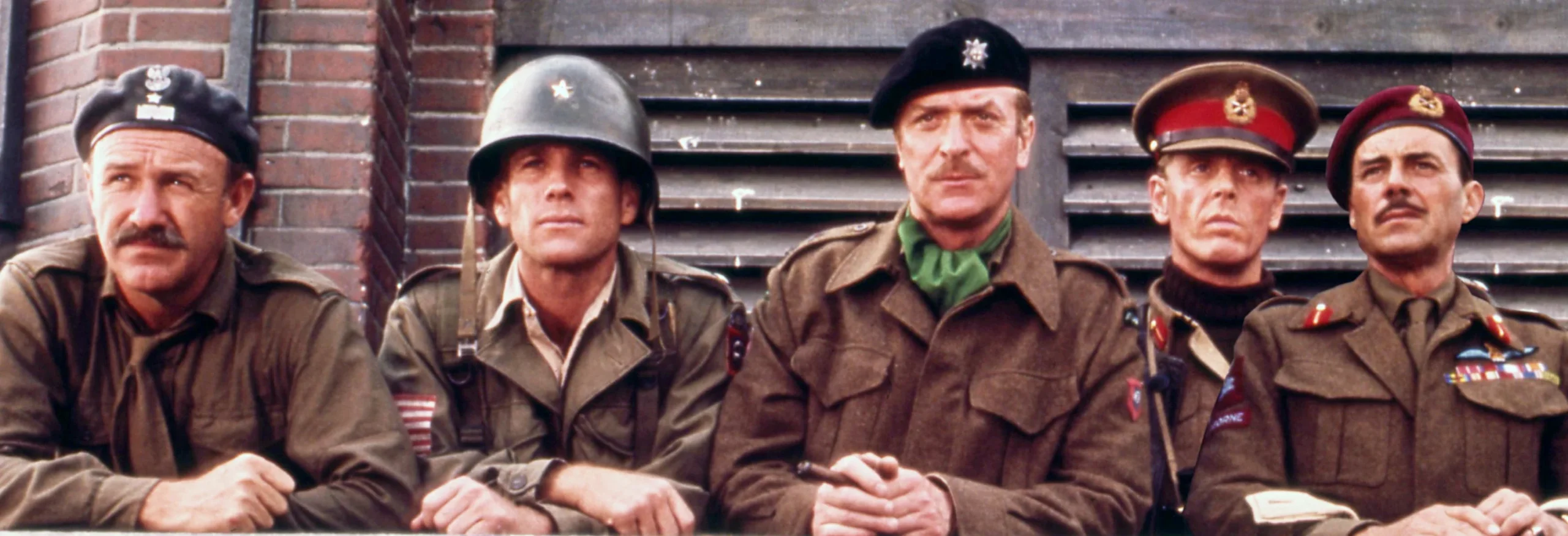
The film boasts an all-star ensemble cast, including Sean Connery, Anthony Hopkins, Michael Caine, Gene Hackman, and Robert Redford, who deliver unforgettable performances. Each actor portrays a key figure in the operation, from generals to paratroopers, highlighting the strategic decisions, personal sacrifices, and ground-level heroism that define war. Their collective efforts breathe life into a sprawling narrative, making the audience feel the weight of each decision and the human toll of its consequences.
Visually, A Bridge Too Far is a triumph of epic filmmaking. Attenborough’s direction brings both the scale and intimacy of war to life, capturing sweeping battlefield panoramas alongside harrowing close-ups of soldiers in the thick of combat. The meticulous attention to detail, from the period-accurate uniforms to the realistic depiction of military hardware, immerses viewers in the historical setting. The bridge battles are particularly gripping, showcasing the sheer chaos and destruction of modern warfare.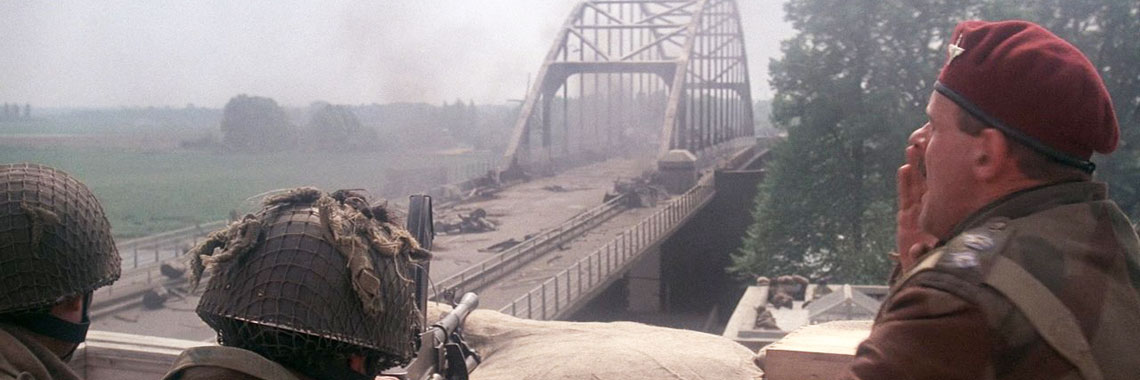
What sets the film apart is its unflinching portrayal of the complexity and futility of war. Unlike many war movies that celebrate victory, A Bridge Too Far takes a sobering approach, examining the overconfidence and miscalculations that led to failure. The film critiques the disconnect between high-ranking officers and the soldiers on the ground, as well as the tragic consequences of flawed planning. This nuanced perspective makes it a thought-provoking exploration of the cost of ambition in wartime.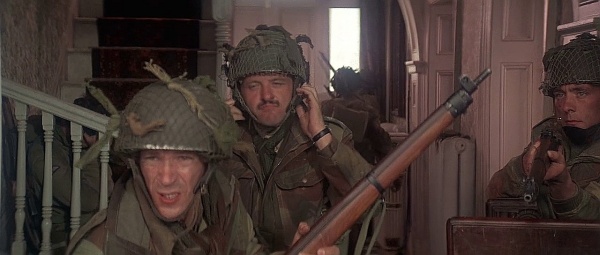
The score by John Addison, himself a veteran of the real Operation Market Garden, adds an emotional resonance to the film, blending triumphant marches with somber melodies that underscore the tragic outcome. Combined with the stunning cinematography and powerful performances, the music enhances the film’s ability to both entertain and educate.
A Bridge Too Far is more than just a war movie; it’s a poignant reminder of the complexities of history and the sacrifices made by those who fight. Its unflinching realism and attention to detail make it a must-watch for anyone interested in World War II, while its exploration of leadership, courage, and human error ensures it resonates far beyond its historical context. Decades after its release, the film remains a cinematic benchmark for epic storytelling, a fitting tribute to the soldiers who fought and fell, and a cautionary tale about the perils of reaching too far.

